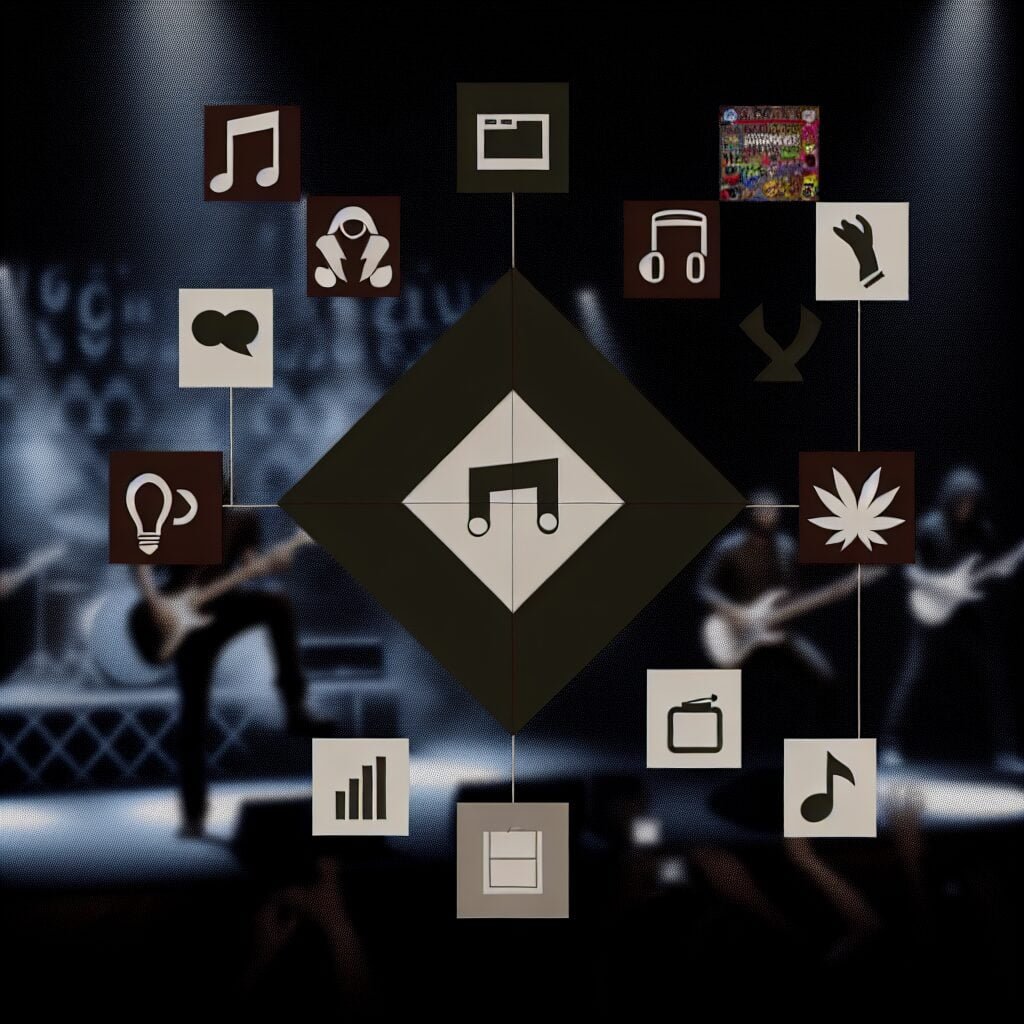Brazilian funk, also known as baile funk, has been gaining global recognition in recent years. The energetic and infectious genre, which originated in the favelas of Rio de Janeiro, has found fans all over the world. However, despite its growing popularity, many Brazilian funk artists still face major challenges when it comes to breaking through to mainstream success.
One of the biggest obstacles for Brazilian funk artists is the language barrier. Most of the lyrics are in Portuguese, making it difficult for non-Portuguese speakers to fully understand and connect with the music. This has limited the genre’s reach and potential for international success.
Another challenge is the negative stigma surrounding Brazilian funk. The genre is often associated with violence, drugs, and sexual content, which has led to it being marginalized and censored in Brazil. This negative perception has also made it difficult for Brazilian funk artists to gain support and recognition from mainstream media and music industry executives.
Despite these challenges, some Brazilian funk artists have managed to break through and achieve global success. One of the most notable examples is Anitta, who has become a household name in the Latin music scene. With her catchy beats and bold lyrics, Anitta has managed to transcend the language barrier and gain a massive following outside of Brazil.
Another rising star in the Brazilian funk scene is Ludmilla. With her powerful vocals and empowering lyrics, Ludmilla has gained a strong fan base both in Brazil and internationally. She has collaborated with major artists such as Snoop Dogg and Cardi B, further solidifying her presence in the global music industry.
However, these success stories are still few and far between. Many talented Brazilian funk artists struggle to gain recognition and support, both in their home country and abroad. This is due to a lack of resources and opportunities, as well as the ongoing challenges of the language barrier and negative stigma.
In recent years, there have been efforts to change the perception of Brazilian funk and support its artists. The genre has been gaining more visibility in mainstream media, and there have been collaborations with international artists, such as Major Lazer and Diplo. These efforts have helped to introduce Brazilian funk to new audiences and break down some of the barriers it faces.
Additionally, social media has played a crucial role in promoting Brazilian funk and its artists. Platforms like YouTube and Instagram have allowed artists to share their music and connect with fans all over the world, without the need for traditional media support.
Despite the challenges, the future looks promising for Brazilian funk. With its infectious beats and unique style, the genre has the potential to continue gaining global recognition and breaking through to mainstream success. As more artists and industry professionals work to support and promote Brazilian funk, we can expect to see even more talented artists making their mark on the international music scene.



